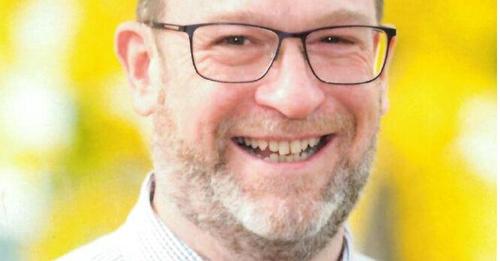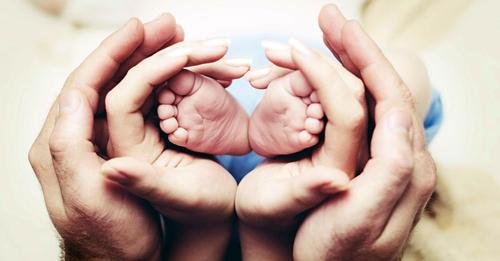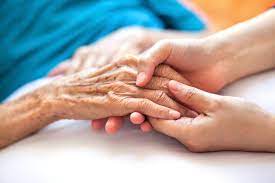You are hiking a Green Mountain trail and are startled as you round a corner
Structure and predictability play important roles in our lives, allowing us to anticipate, plan, and prepare for what’s coming. A big part of the way we help young children make sense of the world is by using routines, boundaries, and clear expectations. Knowing what to expect and when to expect it can bring comfort and help kids feel secure.
As a parent, your child finally received a confirmation that the ADHD diagnosis you have been seeking for some time is accurate and after the initial sense of relief, you wonder, now what? Maybe this is followed by a referral for a trial of medication or basic accommodations at school, but you feel like there is more to it, you are just not sure what.
Many people use the changing of one calendar-year to the next as an opportunity to both reflect on the year we leave behind, as well as to contemplate what the coming 12-months have in store. The New Year occurs very soon after the Winter Solstice, so those of us in the northern hemisphere get to look forward to progressively longer days, while anticipating warmer temperatures on the horizon. This period of brighter-days-ahead is a fitting setting for us to start anew, with a clean slate, full of potential, while putting any challenges of the recent past behind us.
As the weather turns cold and darkness comes earlier in the afternoon, many folks begin to lament the onset of winter, as it often brings with it increased pain. If you are anticipating challenges with pain this winter, it is worth paying attention to how you relate to yourself when you are in pain. How you talk to yourself and treat yourself can serve to amplify pain or turn down the volume. When winter weather brings more pain, self-kindness and self-compassion are literally good medicine.
RUTLAND and BRATTLEBORO, VT - Children experiencing an acute mental health crisis will have faster access to initial treatment thanks to a pilot project pairing emergency room doctors at Rutland Regional Medical Center with psychiatric specialists at the Brattleboro Retreat. Called the Vermont Emergency Telepsychiatry Network, the project is funded and managed by The Vermont Program for Quality in Health Care and is expected to be fully operational early next year.
For most of us, the chill of fall and the yellows, reds, and oranges of autumn foliage signal the upcoming holidays and the feelings of joy that coincide with family, friends, and traditions. It is a time to reflect, give thanks, and gather with loved ones. But for some, instead of those comforting feelings, there is a sense of despair, hopelessness, sadness, and even depression. These negative feelings can be reversed and don’t necessarily signal a slide into depression and a need for mental health services.

Hey, how are you? How you doing? What’s going on? We hear these conversational phrases all the time. And we say them to each other. Sometimes we’re asking the question. More often we are just extending a greeting. We might even be surprised if somebody genuinely tells us the answer.
About a week after my oldest son was born and in the grips of a disorientating new landscape called parenthood, I remember calling my mother in tears demanding- “Why didn’t you tell me this was so hard!” I felt equal parts anger, betrayal, sadness and exhaustion. I was utterly confused- why was this happening to me and where were these feelings coming from? I wanted answers and yet I felt too scared to ask for help; too ashamed to admit openly that this was happening to me.









